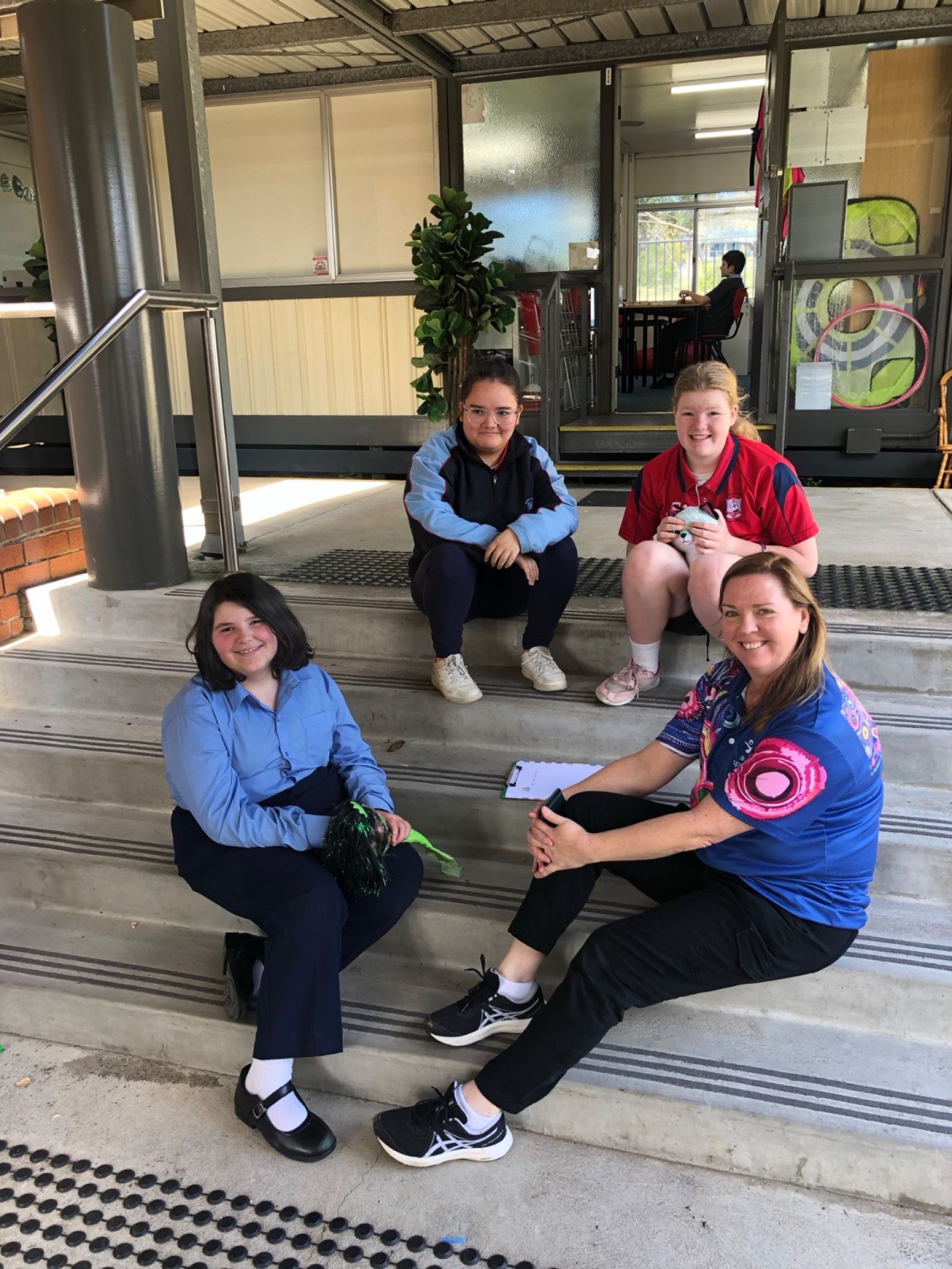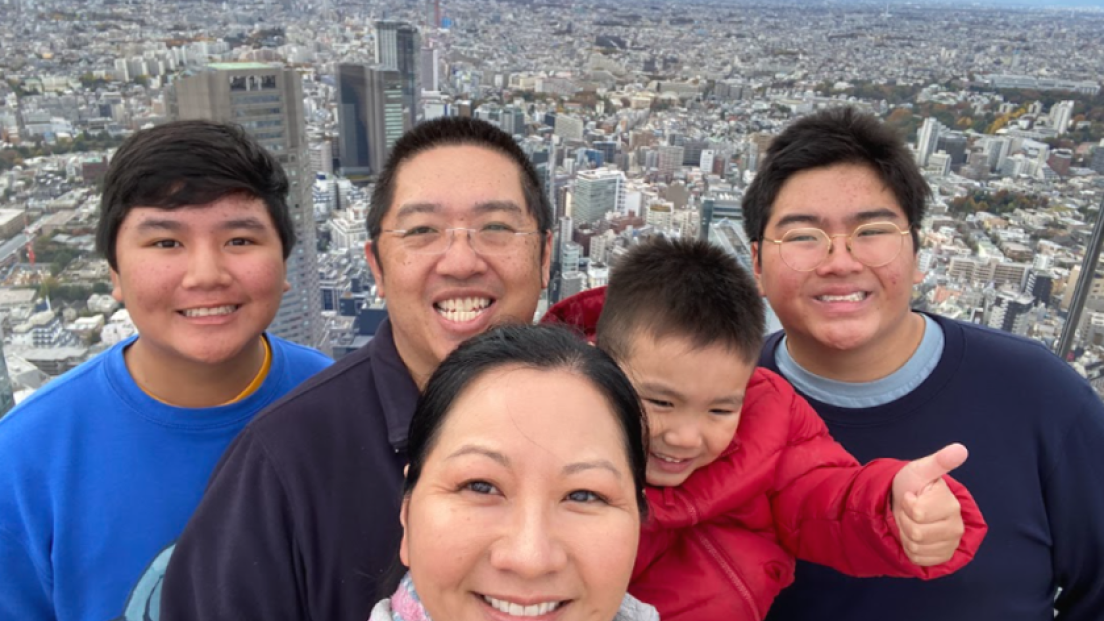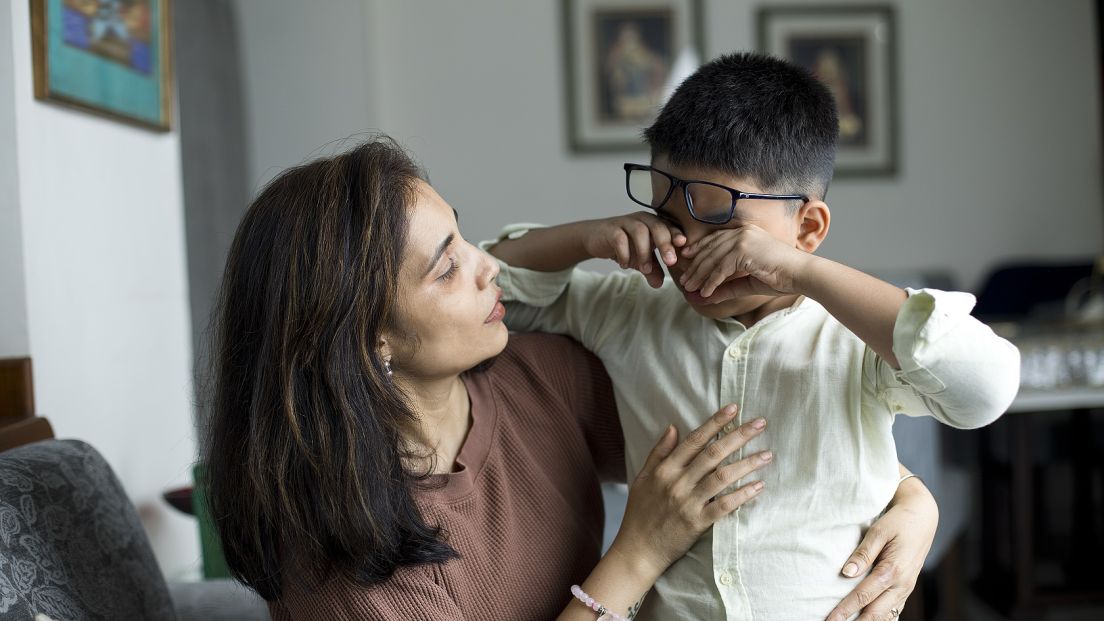At Aspect, we’ve long understood that autism doesn’t look the same in every student, and that Autistic girls (and individuals assigned female at birth who identify as nonbinary or trans), in particular, are often overlooked, underdiagnosed, or misunderstood in school environments due to historically male-centric profiles of autism.
Autistic boys often receive an early diagnosis based on visible traits while Autistic girls are more likely to mask their differences, blending in while quietly battling anxiety, exhaustion, social confusion and overwhelm. Their needs are no less significant, but they are often hidden.
Through a combination of research, innovation, and direct student voice, Aspect schools are piloting programs that give Autistic girls safe spaces, targeted support, and inclusive learning opportunities.
Why the differences matter
Autistic girls often present differently from boys. Their tendency to mask (suppress Autistic behaviours) and camouflage (mimic or adopt neurotypical behaviours) can lead to delayed diagnosis. These adaptive strategies, used consciously or unconsciously, help Autistic girls connect with others, fit in socially and protect themselves from stigma, bullying and misunderstanding.
Autistic girls may appear to be coping in class (masking their differences effectively) yet are more likely to disengage or experience Autistic burnout due to unrecognised emotional demands. This can create a false impression of overall wellbeing and capability, leading to delays in recognising the need for support and putting appropriate strategies in place.
Classroom differences: boys vs. girls
| Area | Autistic Boys | Autistic Girls |
|---|---|---|
| Diagnosis | Earlier diagnosis due to more visible traits | Often diagnosed later due to masking and a tendency to engage in behaviours that are less likely to be recognised by parents and teachers as signs of autism |
| Interests | Specific, sometimes "unusual" topics (e.g., elevators, railways, weather systems) | Common interests, such as animals, books, arts and crafts, that blend in socially |
| Friendships | Engage in activity-based relationships | More socially motivated – prioritising conversation and emotional connection in friendships and engage in social imitation |
| Masking | Less consistent and sustained use. Challenges are more visible. Although it is less common, when boys mask the impact is the same as girls. | More consistent use and in socially acceptable ways. Over time can lead to exhaustion, Autistic burnout, mental health challenges, and vulnerable to bullying or exploitation |
| Vulnerability | Mental health is elevated but generally well documented. Lower risk of sexual abuse | Higher rates of anxiety, depression, and suicidality (Kõlves et al., 2021) Risk of abuse: 90% of Autistic women report sexual violence (Cazalis et al., 2022) |
| Classroom behaviour | May be more externally expressive with frustration or sensory overload. | Tend to be more quiet, withdrawn, or compliant - even when overwhelmed |
| Support needs | More likely to receive supports classroom adjustments when needed | Needs may be overlooked or misunderstood, especially if masking is present. |
Practical ways schools can support Autistic girls
To address these challenges, schools can implement strategies like those already piloted by Aspect Education:
1. Professional development
Train educators to understand how autism can present differently in girls and why it is often under-recognised, in particular masking, subtle distress signs, and the gendered nuances of autism presentation.
2. Girls-only spaces
Safe spaces Autistic girls can use for emotional and/or sensory regulation, engage in support conversations and access female-related information and products. These are vital during puberty or high-stress moments.
3. Interest-driven girls’ clubs
Small-group programs focused on shared interests like art or music that aim to foster trust and connection belonging.
4. Gender-specific curriculum
Programs with a focus on identity, body changes, and consent should be covered in gender-specific lessons, with inclusive content.
5. Therapeutic programs
Mental health initiatives tailored for Autistic girls – these may draw on internal or external specialist input.
Tips for educators
Keep an eye out for:
- Students who are quiet and seem like they are coping but may not be.
- Students who may seem like they are comprehending but may need a little extra assistance.
- Potential issues in social dynamics that might need some help including bullying (which could be inadvertent)
- Changes in mood or behaviour
Encourage the mask to come off:
- Explicitly welcome students to be their true self
- Make the environment safe to unmask
- Use neurodivergent practices and encourage them to be their authentic self
- Reassure them they are liked
- Recognise and celebrate their strengths
Foster a sense of safety:
- Support students to have a positive Autistic identity
- Provide gender-specific spaces
- Build relationships
- Opportunity for peer mentors
Support puberty:
- Visual supports around feminine hygiene
- Provision of hygiene packs
- Access to female staff
What’s happening in Aspect Schools
Professional Education
Teachers from across Aspect schools recently participated in a valuable two-hour professional development session about ‘Autistic girls in education’. They shared ideas and discussed the activities in place across various Aspect campuses
“I found the camouflaging interesting. Not only masking but adopting the behaviours of those around you”
Teacher, Aspect School
“This session really got me thinking more about the different ways girls can mask and how hormones effect learning and behaviours”
Teacher, Aspect School
Girls groups
Co-designed with Autistic staff and students, a girls group is an interest-based program for high school students who identify as female or were assigned female at birth. The program aims to build connection, trust and a positive self-identity. The groups also foster self-advocacy and mentorship, for those who are interested in supporting other students in the school, with students meeting both online and face-to-face.
One parent reflected:
“My daughter came home absolutely buzzing and couldn’t stop talking about how much fun she had. She loved that the girls had full control over how they engaged in the session, whether it was turning the camera off, choosing when to interact, or feeling free to stim and move around. For the first time, she felt truly seen as an Autistic girl in a male-dominated classroom. She also adored the facilitator, describing her as an Autistic big sister, especially since they could both nerd out over Greek mythology”.
Parent of Aspect Student
At Aspect South Coast, interest-based girls’ groups have created opportunities for students from different campuses to connect, share experiences, and build social confidence. A weekly online catch-up for both junior and senior students has proven popular, and a face-to-face gathering is planned for next term. The group also benefits from the involvement of one of the school’s Autistic staff members, who provides valuable mentoring by sharing lived experiences and leading discussions on important topics such as masking and friendships.
“Through weekly sessions, they bonded - laughing, sharing, and eventually forming strong friendships”
Teacher, Aspect South Coast School
“At first I didn’t know how to start a conversation. Now I can ask other girls questions and we laugh together. It feels good to have friends who get me.”
Autistic student, Aspect South Coast School
For some attending a group can be daunting at first, however, time and connection with a trusted female mentor can be invaluable.
“When I didn’t want to go to the group, the Principal painted my nails and talked to me about confidence. That was the first time I felt like someone understood me at school.”
Autistic student, Aspect Riverina School
Aspect Hunter has expanded the model further, running two dedicated girls’ groups last term, a Dungeons & Dragons program designed to foster social connection through shared storytelling, and a jewellery-making group which has continued this term as well. The groups brought students from different campuses together around these common interests. Both programs provided meaningful opportunities for girls to connect, collaborate, and build friendships.
Meanwhile, Aspect Central Coast School has created a girls-only space during break times and, at the request of their female students, runs a girls-only reward day. These reward days allow female students to engage in a reward activity that is different to the boys’ reward activity.
A visible future
Autistic girls are often misunderstood in classrooms - because their needs are masked or overlooked. Without tailored support, many experience exhaustion, anxiety, and disconnection despite appearing to cope.
Aspect Schools are incorporating gender-informed programs - like girls’ groups, quiet creative spaces, and teacher training to help Autistic girls to thrive.
By recognising these invisible differences, educators can make learning environments safer, stronger, and more inclusive for Autistic girls.




